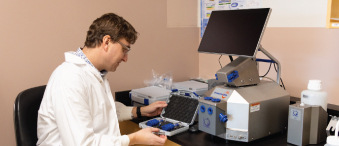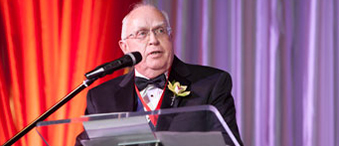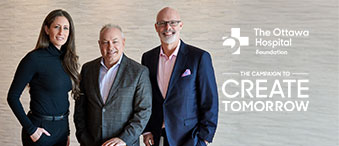At the centre of the COVID-19 crisis you will find the front-line staff of The Ottawa Hospital. Nurses, doctors, and researchers working day and night to heal our patients and find a cure.
Their stories are ones of emotion, dedication, and determination. They are relentless in the fight against this global pandemic. They are husbands, wives, moms, and dads. They are our neighbours.
And they have an incredible story to tell.
Featured Story: Lorne MacLeod
Other Front-Line Diaries
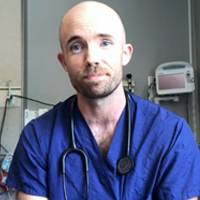
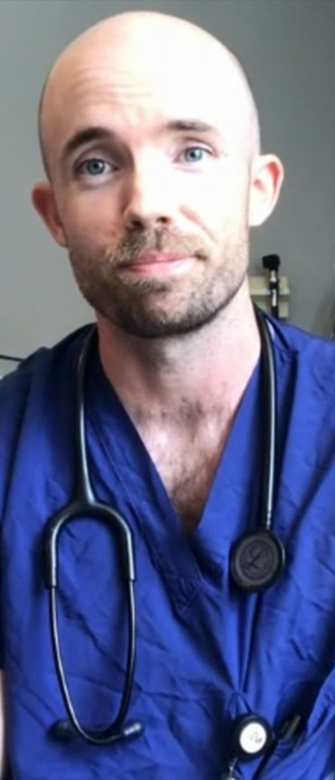

“The particular stress with us is not knowing what’s coming in the door. You have to be prepared for every patient potentially having an infection.” – Dr. Francis Bakewell, Emergency Medicine Physician
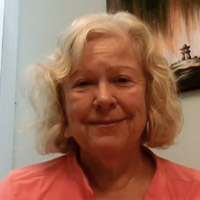
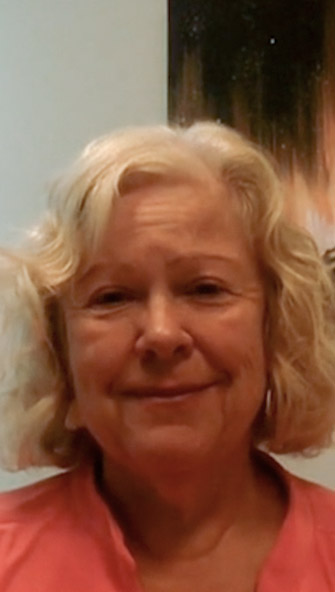

"Our front-line teams did some amazing work. They went above and beyond to not only provide the care that they normally do in such a caring way to make that patient experience as best as it could be, but they also became that person that provided all those extras for the person when they were here getting treatment." - Gwen Barton, Regional Cancer Program
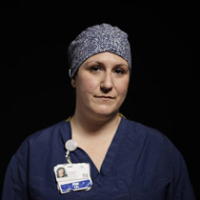
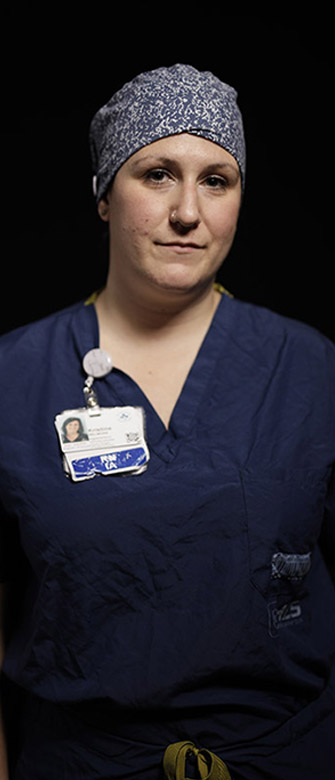

“There was a lot of nerves, but we also didn’t really know what to expect. We didn’t know if these patients were going to be here for a couple of weeks or if this was going to last maybe a couple of months. I don’t think any of us expected it to be this long and this difficult of a year.”
— Kristine Belmore, registered nurse
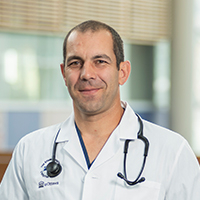
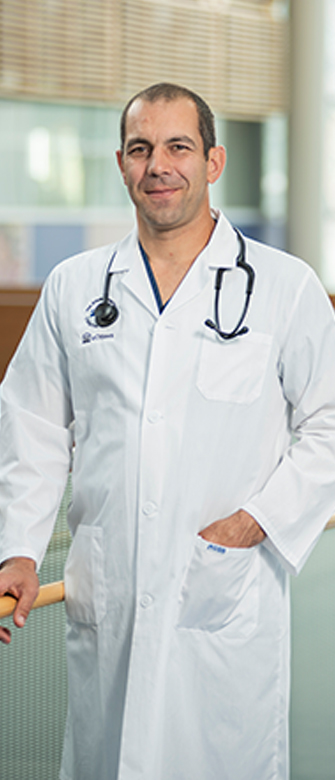

“A lot of changes happened in a very short amount of time… Our department quickly reorganized itself to take advantage of everyone’s skills in the best possible way.” – Dr. Sylvain Boet, Clinician and researcher
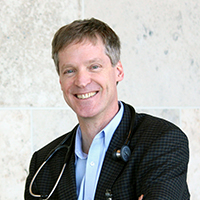
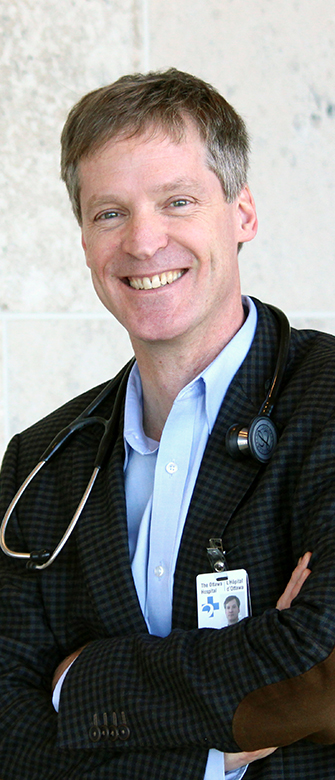

“I think that we forget how hard it is for patients. Even though we have iPads or telephones or smart phones - we can communicate with the family members on rounds as needed. To not have your loved one or caregiver there with you is very hard.” – Dr. Chris Bredeson, Head of Malignant Hematology and Stem Cell Transplantation
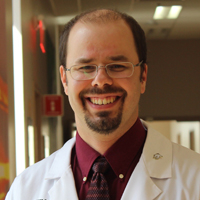
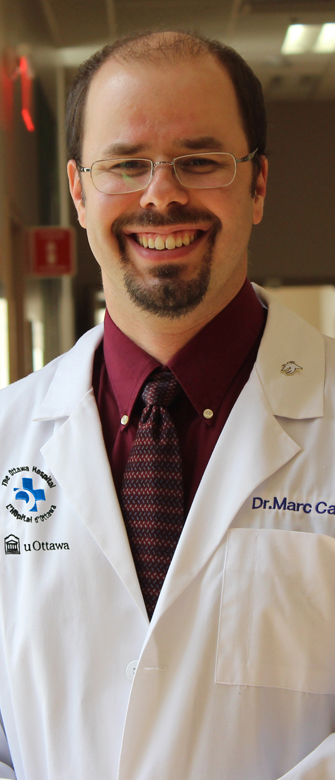

"The blood clot unit in Ottawa is very, very world-famous and it was just normal for them to take the lead and design the protocols for our community." – Dr. Marc Carrier, Hematologist
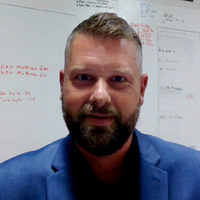
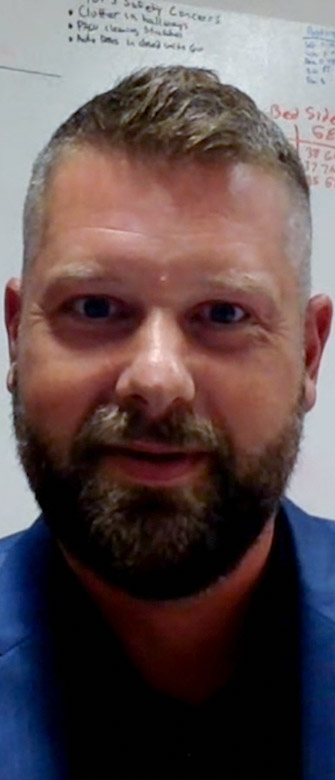

"…they show our patients how much they care. Quite often sometimes it’s the most simplistic things, offering a warm blanket...There’s a committed group of healthcare professionals here at the hospital that are here to make sure that they are going to receive the best possible care.” - John Casselman
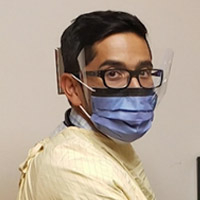
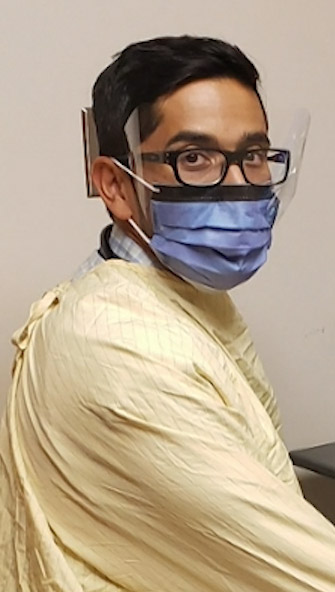

"The pandemic was a totally new ballgame... We had to reach out to colleagues in Asia and Europe to figure out their side of things and learn from their experiences. So, it was quite a novel experience for all of us here at The Ottawa Hospital." - Dr. Fahad Chowdhury, Infectious disease physician
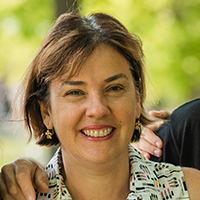
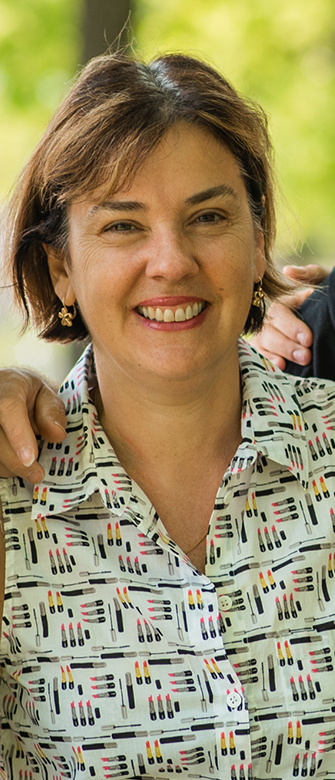

“We need to provide care for our patients. So, we need to be ready to ramp up care as it’s needed and we need to be able to return to, potentially, back to the phase one of our strategy if that’s required to protect our patients and our healthcare resources.” – Dr. Heather Clark, Medical Director for Ambulatory Care
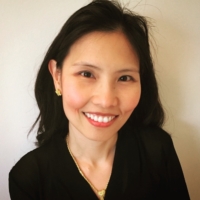
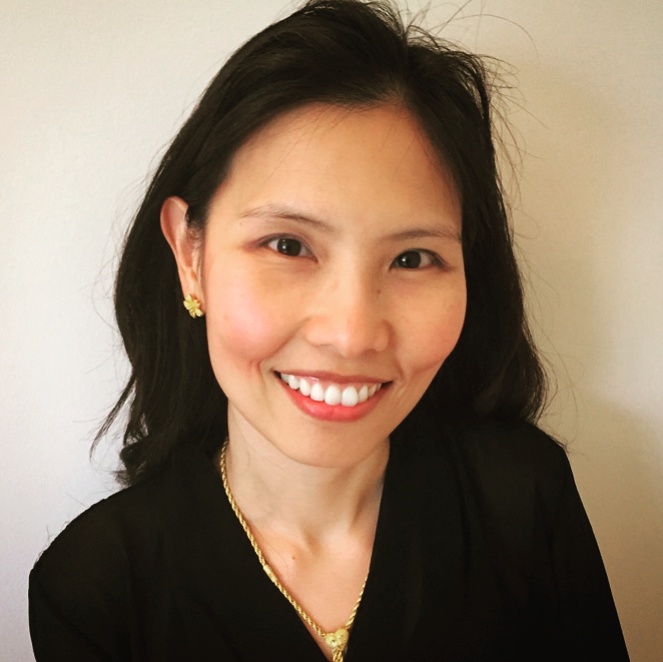

“In the end we would like to be able to find intervention or procedures that can help minimize the impact of the infection to the physiological and psychological health.” – Dr. Juthaporn Cowan, Medical Director, Clinician and researcher
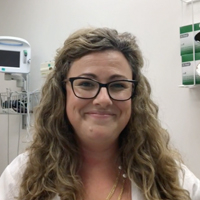
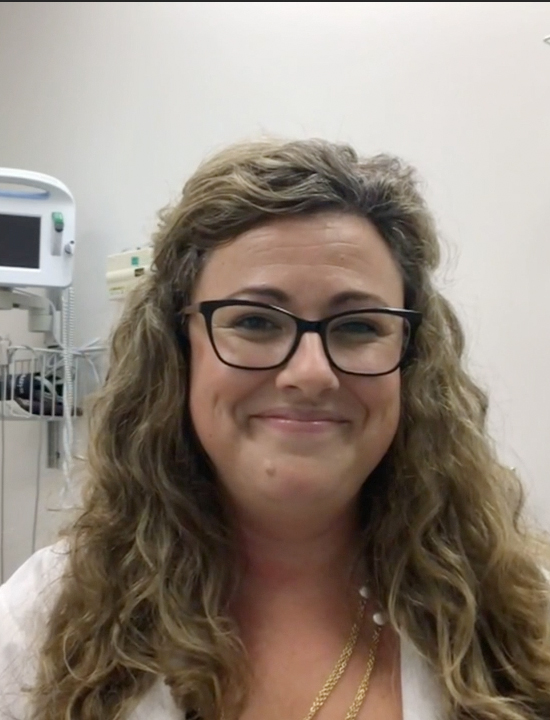

"I think as healthcare workers, we have a fundamental purpose. And that purpose was one of the most grounding drivers that made it really easy to come to work. We’ve got to be here. We need to serve our community.” – Kate Duke, Clinical Manager Cancer Centre
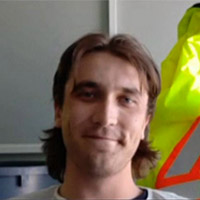
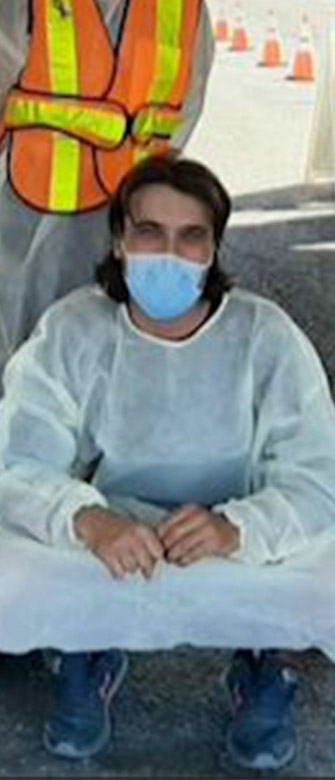

“…We’ve all come together as a family, to work as a team, and I think we’ve hit it out of the ballpark pretty well.” — Nick Dungate, COVID-19 test administrator at The Ottawa Hospital



“We had to find strategies to keep providing care and keeping our patients safe from the get-go.” - Dr. Darine El-Chaâr, Maternal fetal medicine specialist
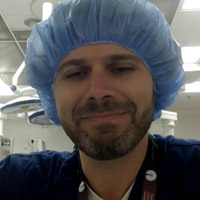
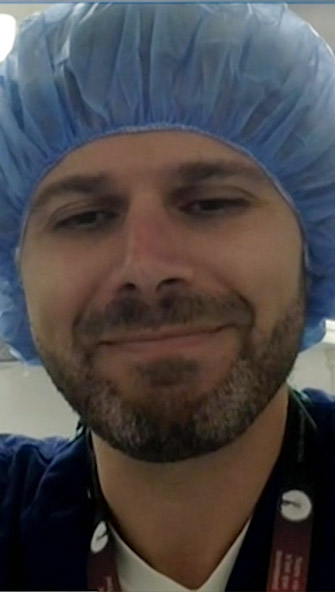

"Breaking bad news wasn’t great but patients were fantastic and very understanding. Part of our work also involves trauma and despite COVID [-19], there were still injuries taking place….” — Dr. George Grammatopoulos, Orthopaedic surgeon
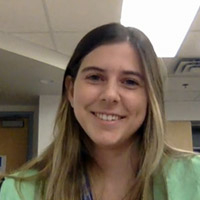
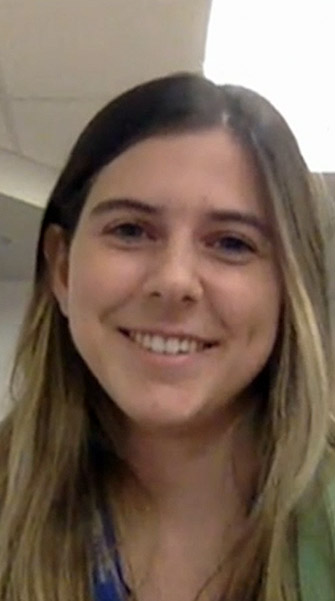

"At first I heard about all this information coming in and all those new cases popping up everywhere. But this is a job in healthcare, which I’m really interested in, it’s a really unique experience and the team really helped me to feel comfortable in this environment with all these protection measures that they had set up for us.” - Geneviève Haché, Screener
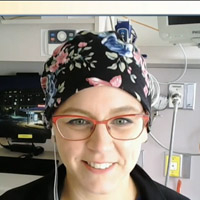
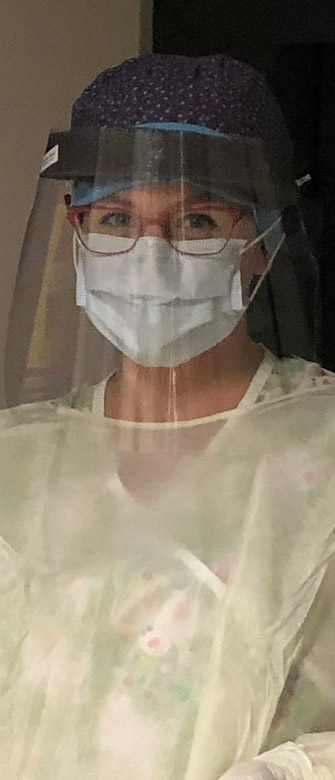

“It can be very difficult for the families for sure and we, as the NICU team, are in the business of helping to build family bonds.” - Victoria Hudson, Registered Nurse
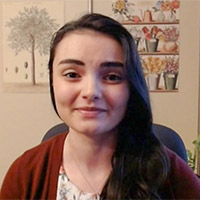
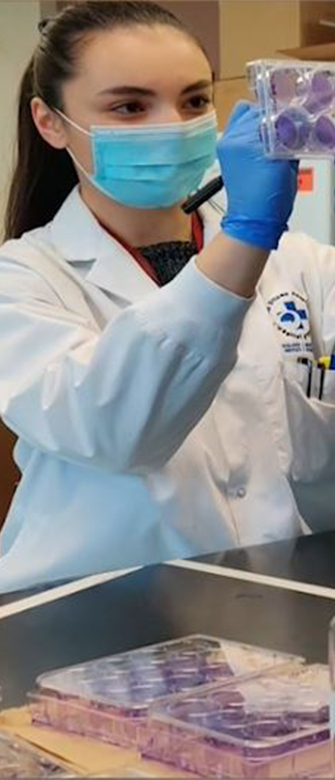

“This is something that is impacting ourselves, impacting the hospital that we work in, it’s something that we see every single day — so being able to play such a small little part in maybe making a difference and maybe taking a step towards overcoming this pandemic is actually really exciting.” — Taylor Jamieson-Datzkiw, medical PhD student
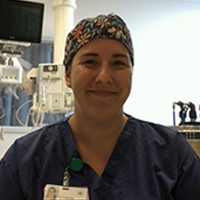
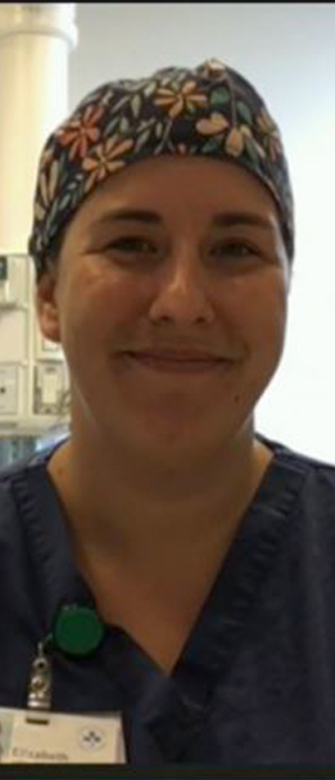

“It was like nothing we’ve ever seen before. I’ve been there for six years, but many of my colleagues who have been there for 20, 25 years plus have said it was the most trying time in their entire career. And I have to say it was the same for myself.” — Elizabeth Krause, registered nurse
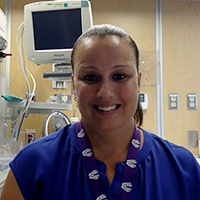
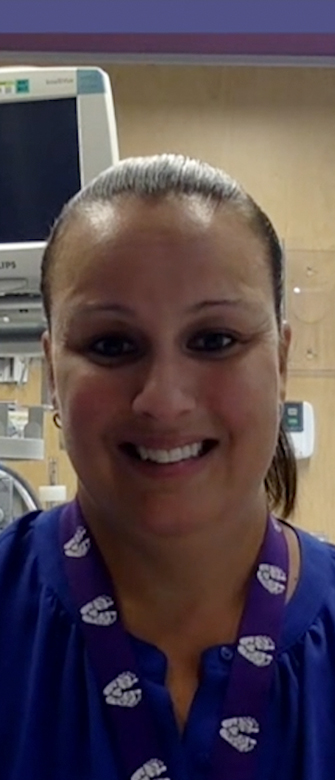

“We were very impressed to see how most people were very, very understanding. We were going through something big and new and unknown. And they were so, so great at cooperating and following our instructions.” – Josée Laplante, Registered Nurse, Special Care Nursery
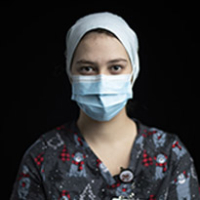
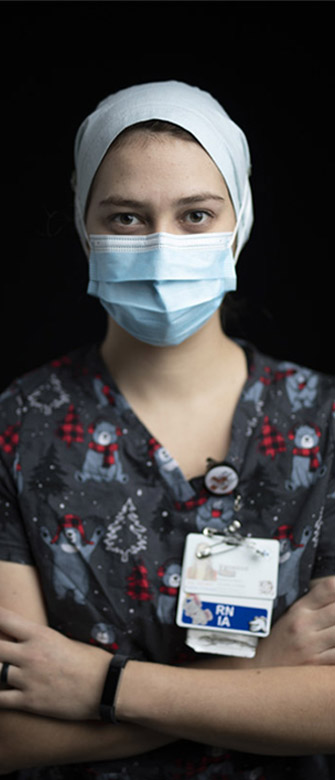

“It’s been an emotional adjustment to try and cope with the work stresses and our personal life stresses.”
— Vanessa Large, thoracic ENT (Ear, Nose, and Throat) and surgical nurse.
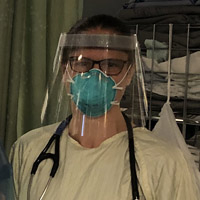
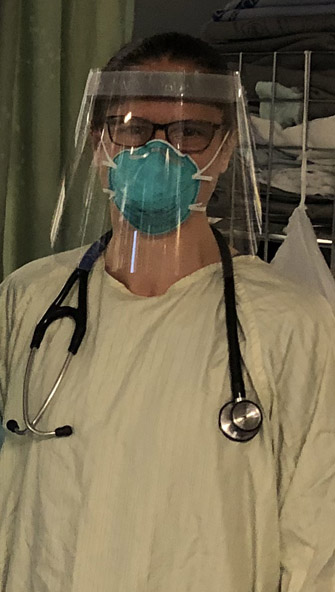

"Everything that we did changed. The way that we triaged people, the way that we cared for people, the way that we provided critical care. All of that had to change for us to keep ourselves safe and to keep our patients safe.” - Dr. Jennifer Leppard, Emergency Department physician
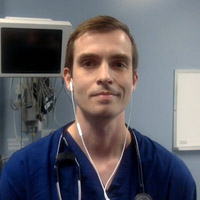
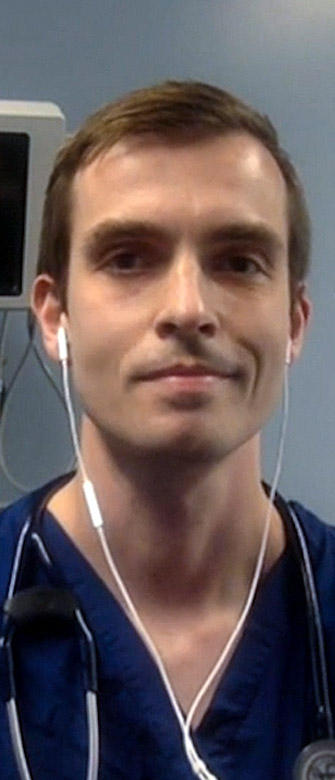

"Emergency medicine — unpredictable things are just sort of the name of the game with that, so I think the training that we’ve had, as well as all of our allied health nurses and everyone else, has given us the ability to quickly adapt to our new reality with COVID-19 and the pandemic.” - Dr. Matthew Lipinski, Emergency medicine physician
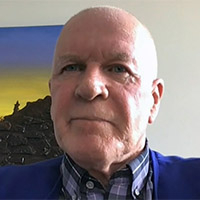
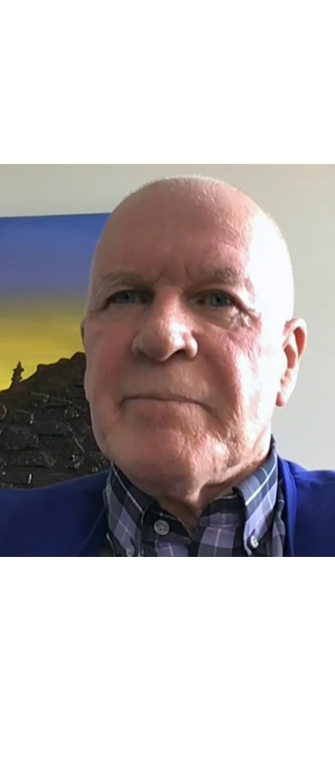

“That’s where I needed to be. That’s where I wanted to be.”
— Lorne MacLeod, Volunteer
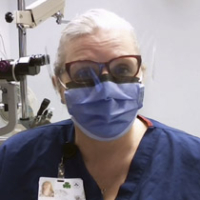
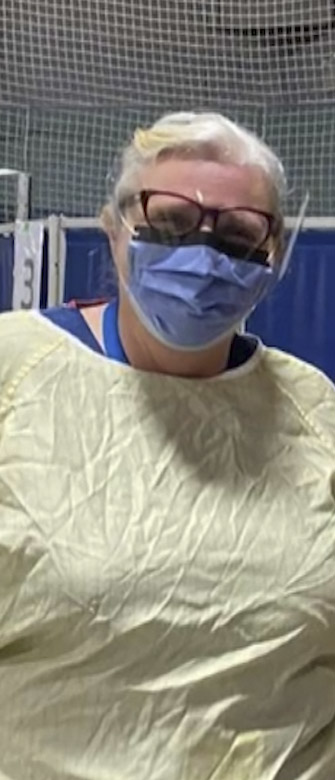

“It was a highlight of my career. I felt needed, I felt like I was providing something to the community. I was caring for my patients who were also terrified, and everybody is being told to stay home and they’re coming out to see you for guidance.”
-Cindy McCambley – Registered Nurse
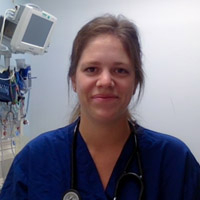
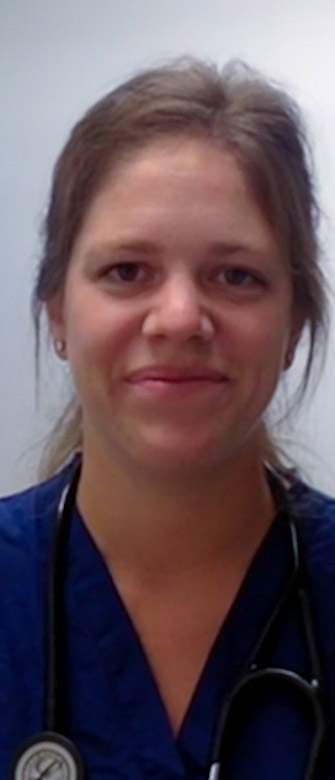

“I think in some ways, in the emergency department, we were lucky in a sense that we never know what’s coming in and part of our training is to really be prepared for anything. So, I think we had a certain level of resiliency.” - Dr. Lindsey McMurray, Emergency medicine physician
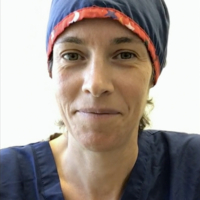
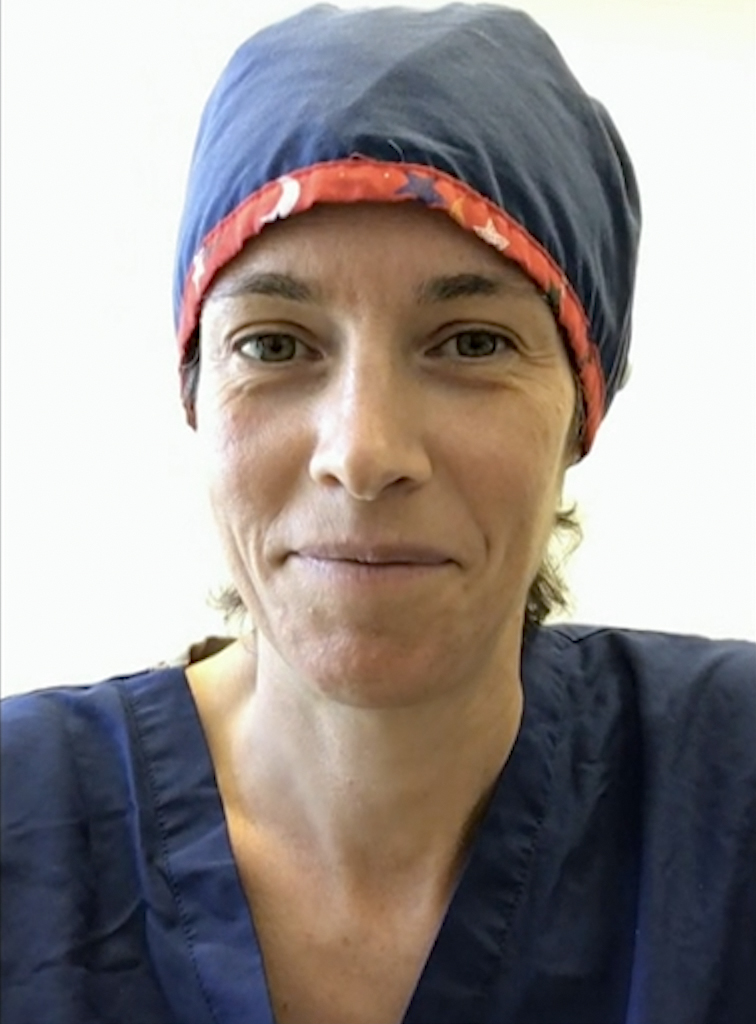

“I have been so impressed at the resiliency that we have seen. Both in our patients and in the community and in the care providers that I work with. Everyone has risen to just dealing with this and taking care of themselves and everyone else as best they can.” – Dr. Daisy Moores, Division Head, Maternal and Newborn Care
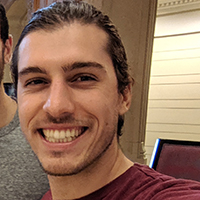
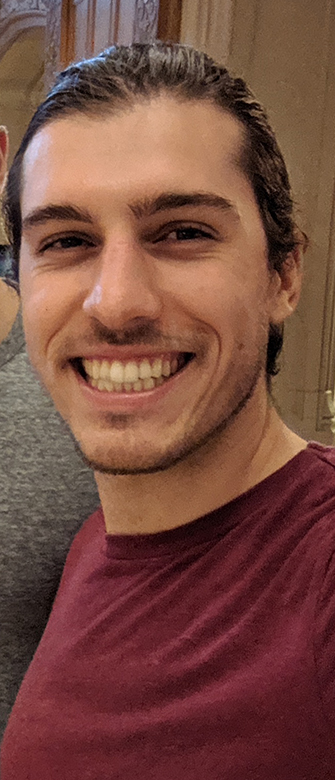

“I don’t think there’s anything more impactful than rushing to do research that will directly translate and have an impact, and a therapeutic impact on patients. Not 10 years from now, not 20 years from now, but this year – this month.” – Adam Pietrobon, student researcher
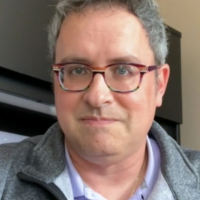
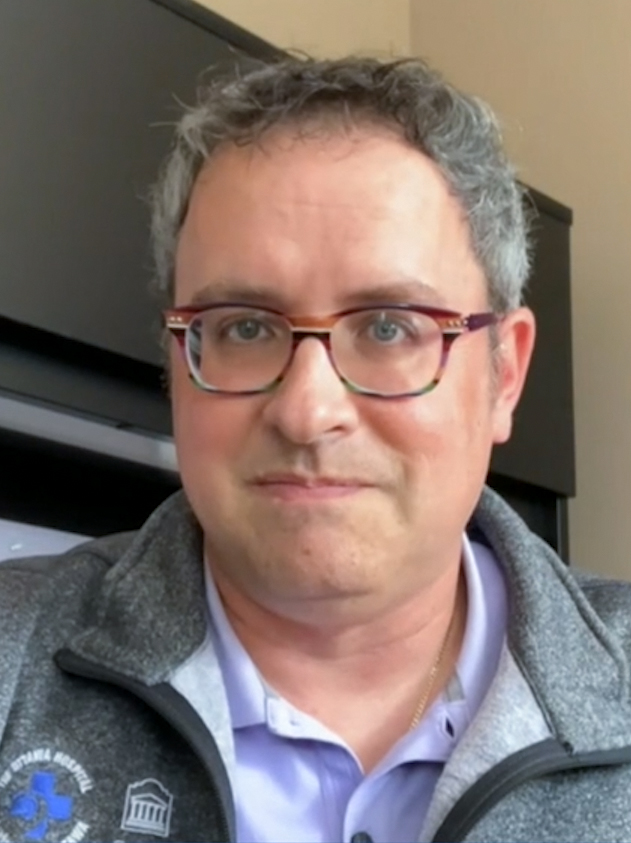

“I got the idea from one of my own patients. Virtual reality video gave patients a sense of okay; this is what it’s going to look like for me to walk in the front door of the General Hospital or the front door of the Civic Hospital.” – Dr. Glenn Posner, Medical Director, Skills and Simulation Centre and Obstetrician
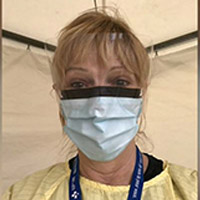
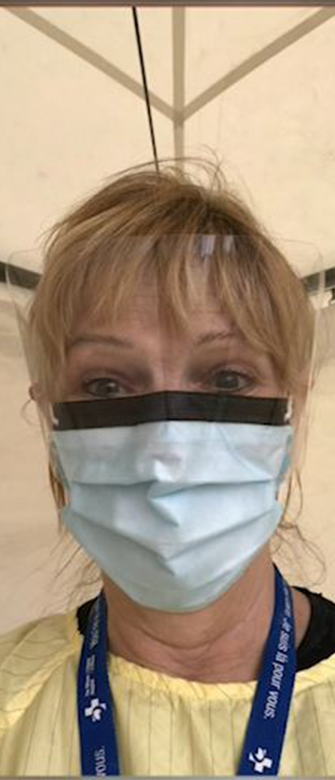

“Once a nurse, always a nurse. I really like that human contact and helping people out. I feel like I’ve helped the community during this.” — Janet Ramsay, registered nurse
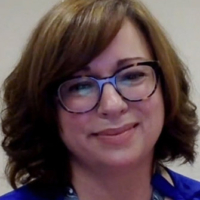
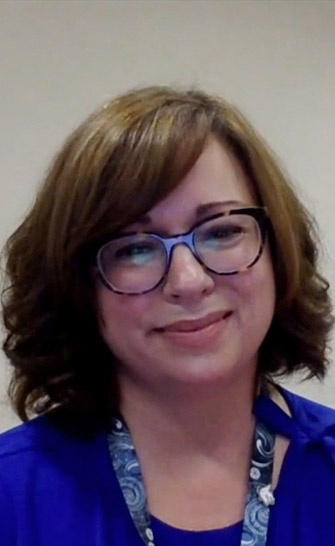

"When the pandemic hit, as much as we were worried about COVID [-19], we were also worried about maintaining the crucial services for our patients.” - Julie Renaud, Radiation Medicine Program
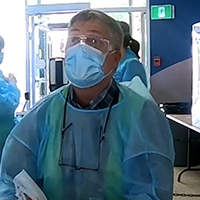
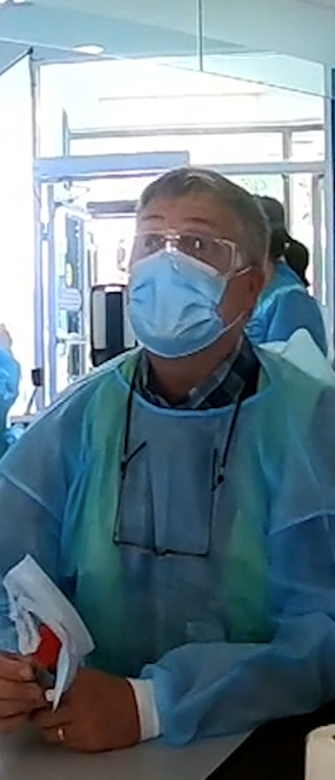

“I couldn’t picture myself at home doing nothing. I just really wanted to be where things were, where I could be useful” – Mike Soloski, Volunteer
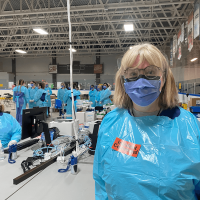
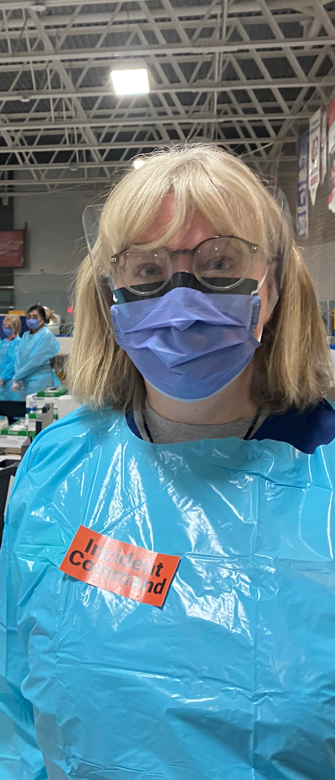

“[Coming out of retirement] was actually a quick decision…my family, friends and loved ones were very supportive of that.” -Joselyn Banks
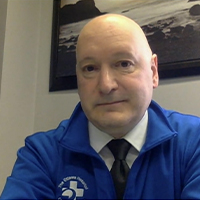
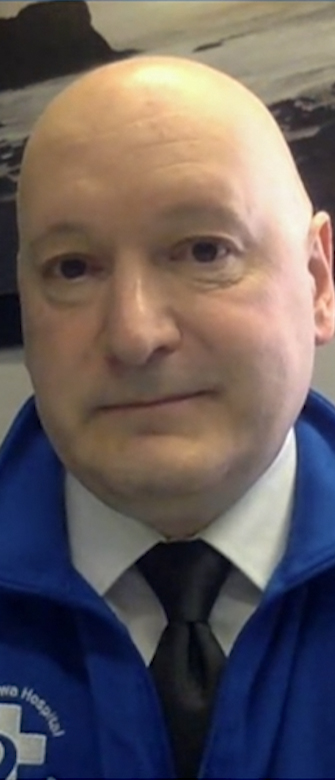

“[My team will] tell you that they’re on edge, they’re stressed out with what is happening, but they’re able to put all that aside and focus on what’s important…We’re here for the patients, and we want to make them feel good about themselves and their treatment.” —Tony Camposarcone, Manager, Care Environment Department
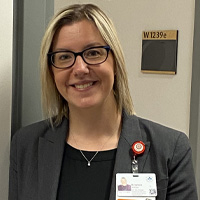
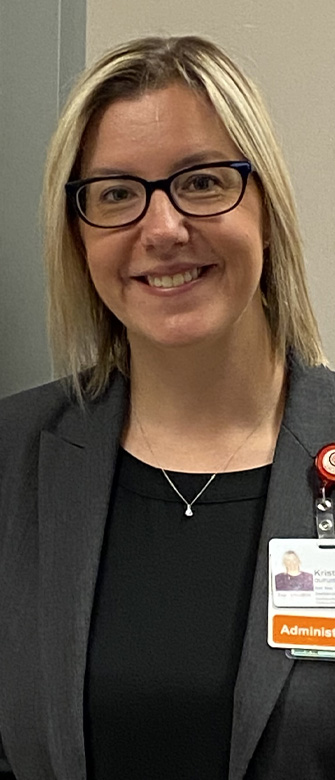

“What we want is to ensure that our colleagues [are safe]. And our colleagues are like family—when you’ve been working somewhere for twenty years, work is your family.” —Kristen Dupuis
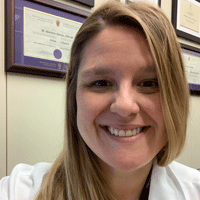
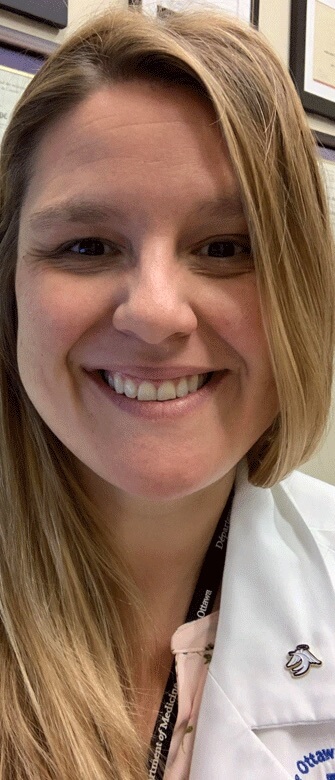

“We have had instances where patients were really not doing well and the healthcare workers at the hospital were the only people there to hold their hand.” -Dr. Samantha Halman
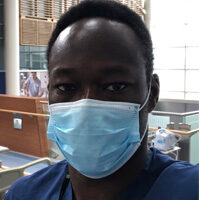
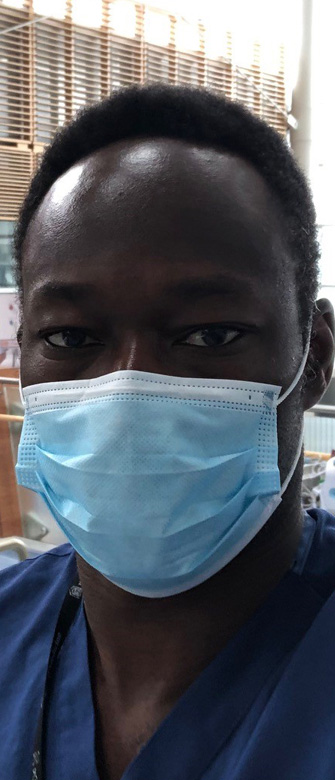

“When we started to see some cases coming through, tension was high. And then, slowly, those nerves started to settle when we got accustomed to what the patients look like and what to expect...[We] got a sense that we could manage these cases and we weren’t being overrun—because of the measures that people were doing out in society with social distancing.” — Dr. Kwadwo Kyeremanteng
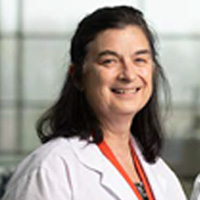
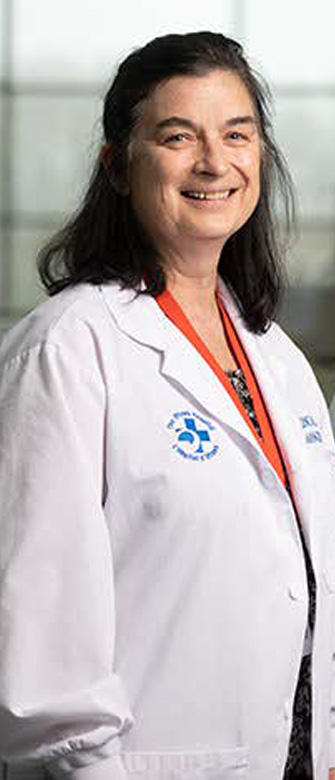

“It’s difficult to really explain what it’s like…Probably half of the staff, when they get to their car, just sit down and cry. And then they go home.” --Jan Leahy
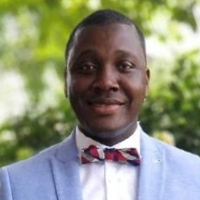
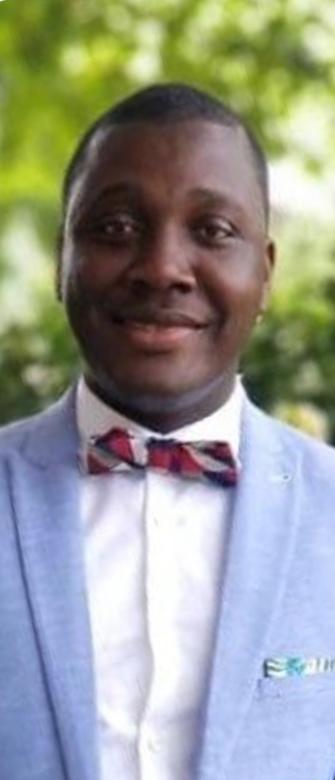

“One of the concerns I had at the beginning of this pandemic was that staff would not show up to work due to fear of contracting the virus. [That is] legitimate. But every day, people have come to work…It gives me the confidence that in the future, whatever comes our way we can rally together and be able to fight it.” - Seth Oduro, Manager, Environmental Services
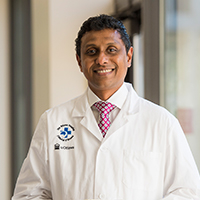
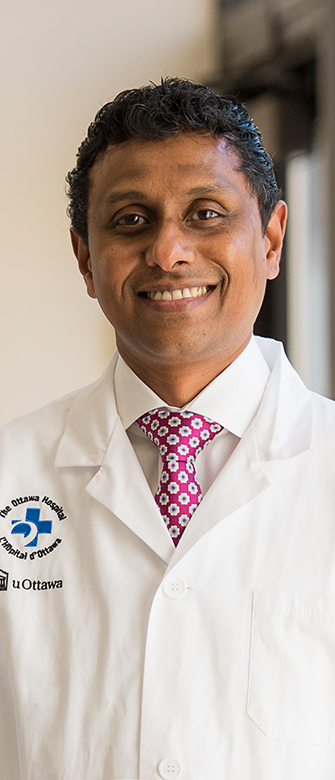

“I feel privileged to live in Ottawa. Our community support system is the best in the world.” —Dr. Adnan Sheikh, Director, 3-D Printing Laboratory
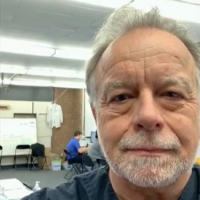
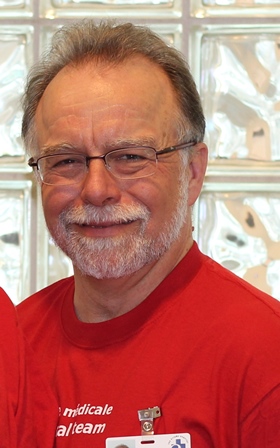

“[It has been meaningful to hear] the appreciation from the patients who come through that busy environment that’s coping with three to four hundred people a day--that we’re still demonstrating the compassion and the excellence in service that people expect to receive, and that staff want to give, as if everybody was their loved one. That’s the message I’m hearing consistently even fifty-three days later…they’re getting excellent care.” - John Trickett
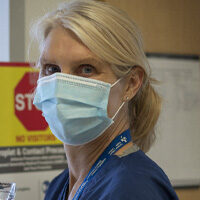
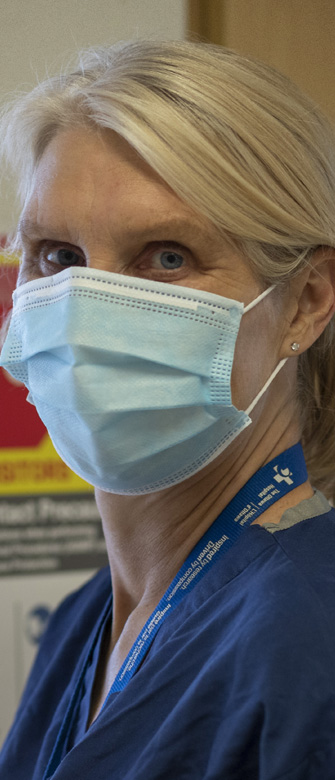

“For those [studies we’re conducting], there’s no absolute benefit to the patient and yet they’re agreeing to having us poke them and take those extra swabs without hesitation…They say to you, ‘I just really would like to help other people, I wouldn’t wish this on anybody else, I want to help.’ This is what they’re doing it for.” — Irene Watpool, Program Manager for Research, Intensive Care Unit (ICU)
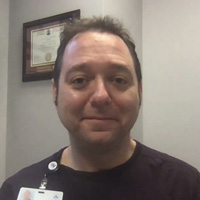
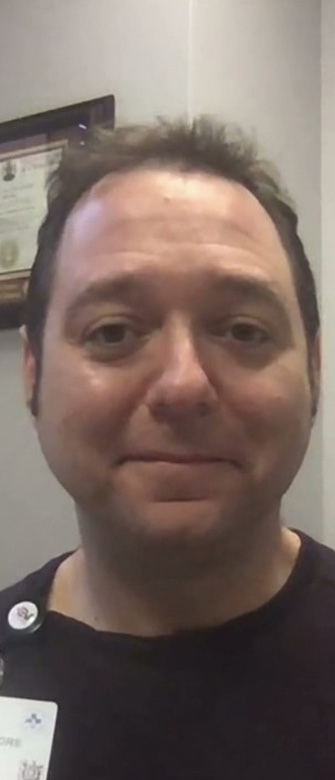

“It has been a tremendous amount of work. There are long days, but it’s very important work, and I’m really confident and really proud of the people that I’m working with. Everybody knows how important this is. It’s just our time to put our heads down and continue doing what needs to be done.”--Dr. Andrew Willmore
The Ottawa Hospital and Bell Media are partnering together to launch a series featuring our front-line workers and their personal stories. Front-line Diaries will feature dozens of staff who are at the heart of our local COVID-19 relief efforts. Using two-way video technology, Bell Media journalists will interview staff at The Ottawa Hospital who will guide them through a ‘show and tell’ style of interview.


